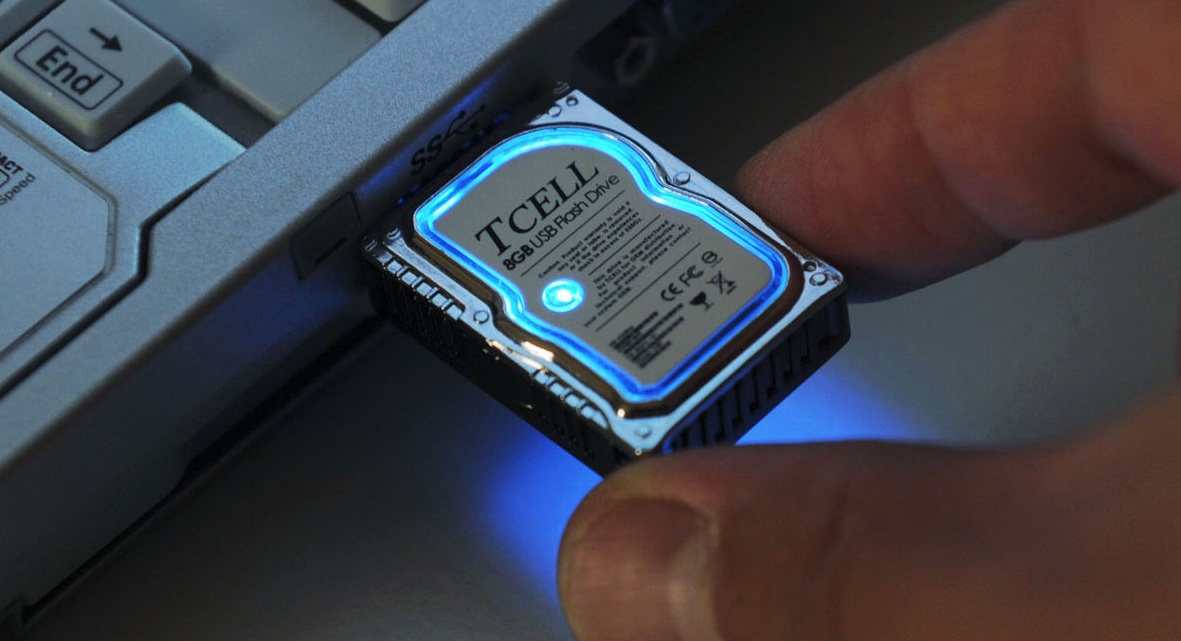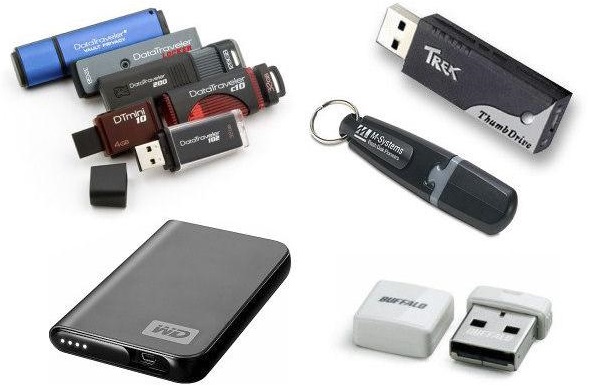
What is the Difference Between Flash Memory and a Hard Drive?
Flash memory is an invariable memory made up of EPROM. The biggest advantage of flash memory on the EPROM was its ability to remove data from electricity.
However, we can’t remove everything from flash memory until we put a circuit on the chip to make it all work. The cost of doing this is high, so most of the manufacturing companies decided not to put the way to put it. Nowadays most flash memory chips have the option to remove the selected things.
Whereas Hard Disk, also known as Hard Disk Drive (HDD), is a non-volatile memory hardware device. The hard disk is to permanently store and retrieve the computer data. The non-volatile device is called one that can store and store any type of data on the computer for a long time.
In this article, we will tell you what is the main difference between flash memory and a hard drive.

The hard drive is a traditional way for computer storage, it’s a magnetic disk and understands the read-write head whereas flash memory is external memory you can use at any time for storage.
A hard drive is slower to boot and it is also slower than the flash memory.
HDD is cheap and proven technology that’s why it is used in every system whereas flash memory is costly in comparison with a hard drive.
Hard drives can restore large amounts of data in comparison with flash memory.
If we talk about the external hard drive then it is better than the external hard drive which is faster and transfers the bulk data whereas the USB flash drives may be slower and only transfer small bits of data.
The performance of HDD is better than flash drive; it has no advantage when it comes to performance.
So, while you are storing data using a flash memory versus hard drive always compare their benefits and performance.

